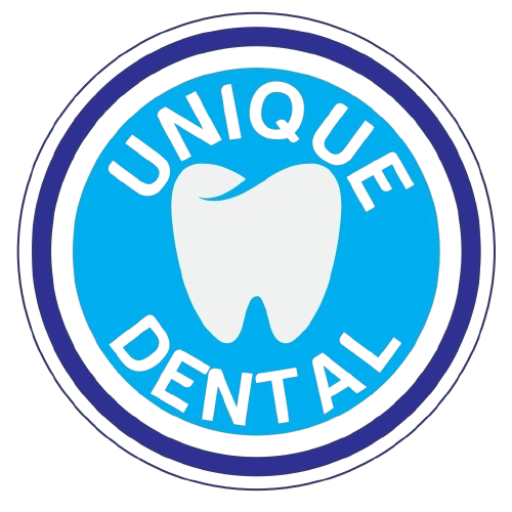I Have Really Yellow Teeth – What’s Causing It and Can I Fix It?
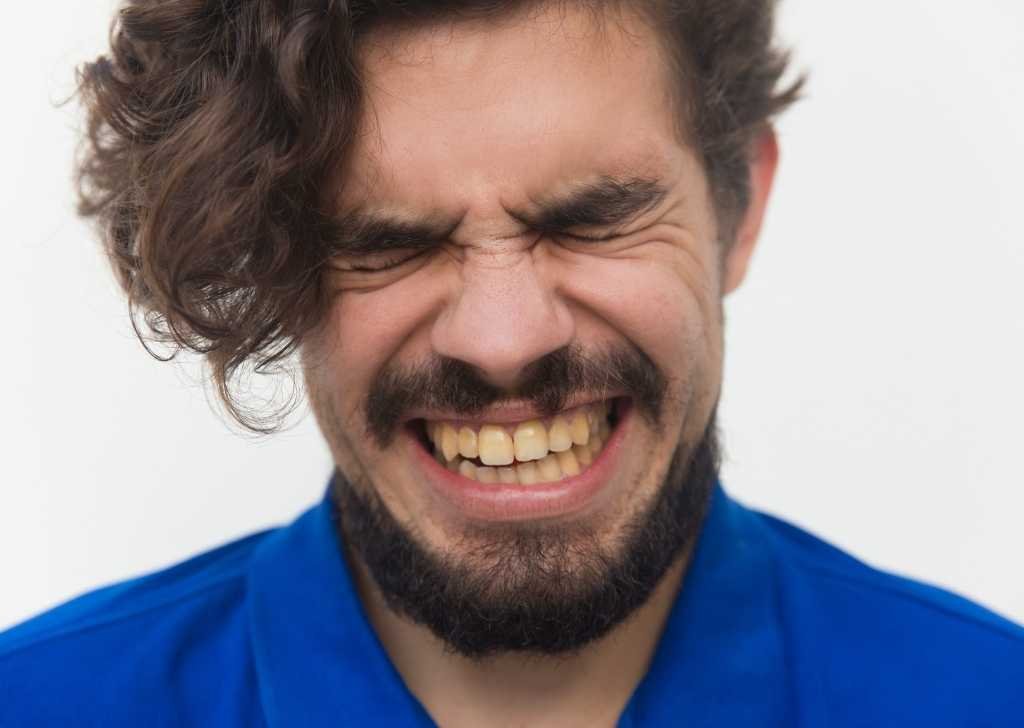
Why Do I Have Really Yellow Teeth?
You’ve brushed twice a day. You’ve tried those whitening strips from the pharmacy. You might have even cut back on coffee (gasp!). But despite your best efforts, you’re still stuck wondering: Why do I have really yellow teeth?
The truth is, yellow teeth aren’t always a result of poor hygiene. In fact, many Malaysians with great oral habits still notice their teeth turning more yellow over time. Whether it’s due to lifestyle choices, natural enamel wear, or even genetics, understanding the real root causes behind discolouration is the first step toward fixing it.
In this article, we’re going to break down the 5 main reasons why teeth turn yellow, explain what you can realistically do to whiten them, and bust a few myths about baking soda, braces, and whether yellow teeth can actually be reversed.
What It Means to Have Yellow Teeth
First things first: yellow teeth aren’t always unhealthy. In fact, a slight yellowish tint is completely normal. That’s because tooth enamel, which is naturally white, can be slightly translucent. Furthermore, the layer underneath, called dentin, has a yellowish hue. When enamel wears thin or is naturally less opaque, more of that yellow dentin shows through.
So if you’ve looked in the mirror and thought, “My teeth look yellow even though I brush every day,” know that you’re not alone, and you’re not necessarily doing anything wrong.
But there’s a difference between naturally off-white teeth and visible yellowing caused by external factors like staining, smoking, or enamel erosion. While the former is mostly cosmetic, the latter could point to issues like enamel damage, lifestyle habits, or even medication side effects.
If your yellow teeth are bothering you either for aesthetic reasons or because you suspect something deeper is going on, the next step is identifying what’s causing it. That’s what we’ll dive into next.
5 Root Causes Why I Have Really Yellow Teeth
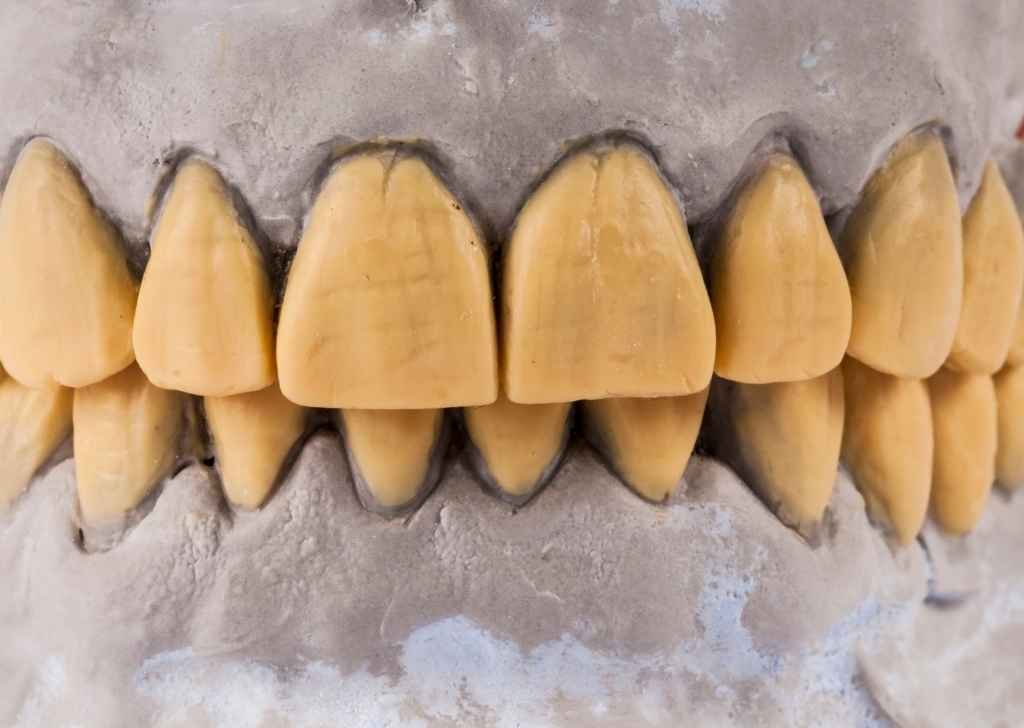
Not all yellowing is created equal. Some causes are surface-level and easily fixable, while others go deeper and may need professional treatment. If you’re thinking, “I have really yellow teeth and nothing works,” identifying the exact cause could be the game-changer.
Let’s look at the five most common culprits behind yellow teeth:
1. Diet and Staining Habits
We get it, Malaysia has so much to offer in terms of food. But did you know your daily diet plays a massive role in the colour of your teeth? Our favourite choice of foods and drinks like kopi, teh, kuah kari, rendang, and soy sauce are packed with pigments (called chromogens) that can stain enamel over time.
In addition, acidic drinks like soda and citrus juices can also wear down enamel, making your teeth more porous and prone to absorbing colours from everything you eat.
2. Enamel Wear and Dentin Exposure
Tooth enamel is the hard outer shell that gives your teeth their white appearance. Underneath it lies dentin, which is naturally yellow. As enamel wears down, whether due to age, brushing too hard, or acid erosion, the dentin underneath becomes more visible.
The result? Teeth that appear yellower, even if they’re perfectly clean. This type of yellowing isn’t just a surface stain, it’s also structural, and that makes it harder to fix with over-the-counter whitening kits.
3. Braces and Post-Treatment Discolouration
If you’ve had braces and now notice your teeth are more yellow, you’re not imagining it. Braces make it harder to clean teeth thoroughly, leading to plaque buildup and discolouration around brackets. In some cases, white spots (a sign of enamel demineralisation) can appear. When the day comes where you have to take the braces off, they’re surrounded by yellowish contrast.
The good news? This type of staining is usually treatable. But you’ll want to consult your dentist for a safe whitening plan that won’t damage your enamel post-orthodontics.
4. Smoking, Vaping, and Oral Hygiene Neglect
Smoking leaves tobacco stains on your teeth that can be stubborn and deep. Despite vaping often marketed as a “cleaner” alternative, the chemicals inside can dry out your mouth and contribute to discoloration. Combine that with inconsistent brushing or flossing, and plaque starts to build up that will give your teeth a yellow or even brownish tint.
Regular professional cleanings help, but if the stains have penetrated deep into the enamel, whitening treatments may be necessary.
5. Medical and Developmental Factors
Some people are born with naturally yellow teeth due to genetic traits like thinner enamel or darker dentin. But beyond genetics, there are several medical and developmental reasons why teeth may appear yellow.
Discolouration can be caused by:
- Tetracycline antibiotics, especially if taken during pregnancy or in early childhood, which can cause deep staining in developing teeth
- Dental fluorosis, a condition triggered by excessive fluoride exposure during early tooth formation
- Trauma or accidents affecting the enamel or disrupting normal mineralisation
- Chronic illnesses or medications that interfere with calcium or enamel development
Interestingly, studies have also found that pregnant and breastfeeding women who take certain medications, such as tetracyclines, may pass them to their child, affecting tooth development in utero or via breast milk. This can lead to intrinsic tooth discolouration that appears later when permanent teeth erupt.
While many of these forms of yellowing are not reversible with whitening products, cosmetic dentistry options such as veneers, bonding, or in-office bleaching can help improve appearance significantly.
Whitening Yellow Teeth – What Actually Works?
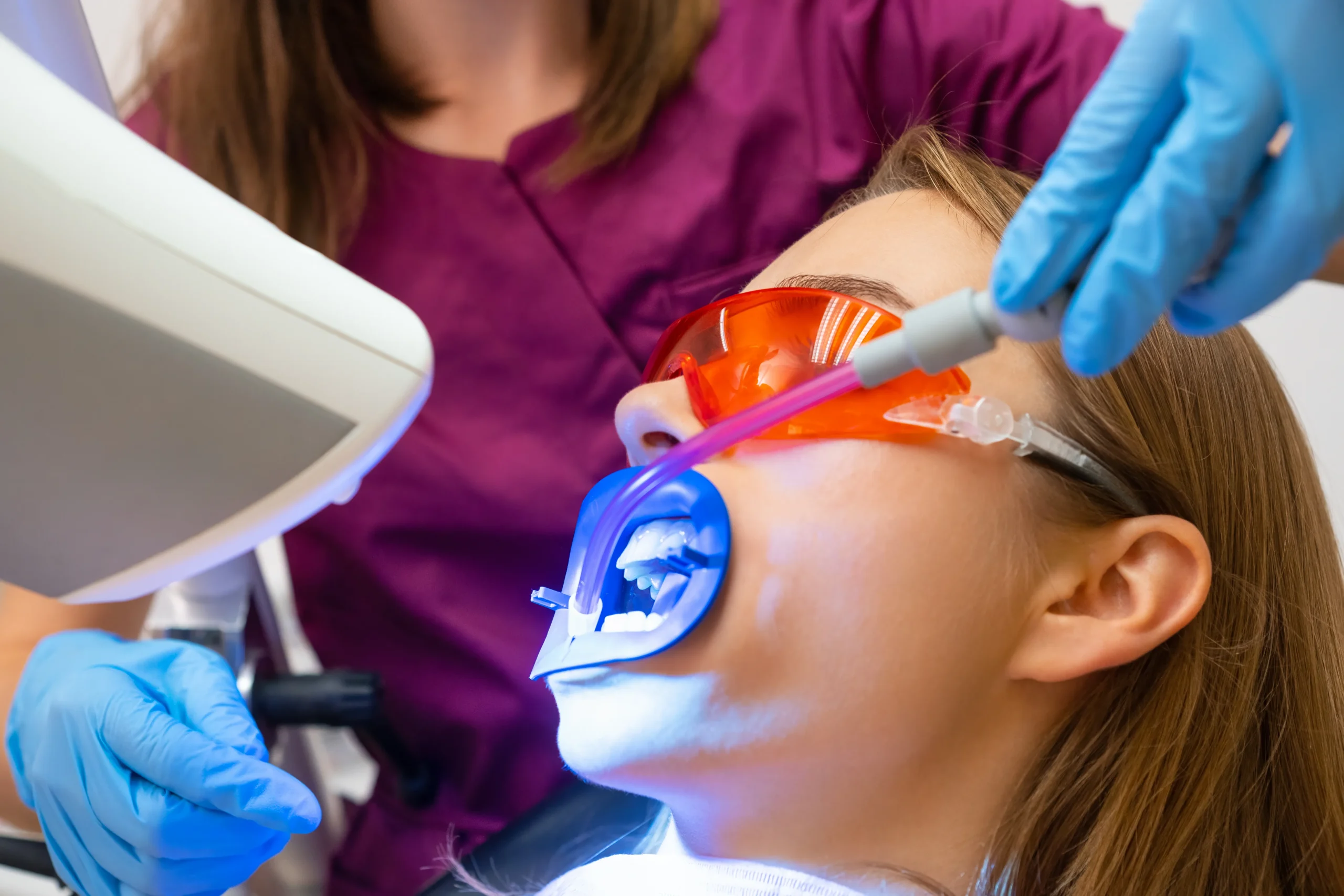
So you’ve identified the cause. The next question is, what now? Can yellow teeth really be whitened, or is it all just marketing hype?
The answer depends on the cause of the yellowing. Surface stains from coffee, tea, or smoking are often the easiest to treat. Deeper discolouration from enamel thinning or internal staining? That takes more work and usually professional help.
Let’s break down the most common whitening options and what you can realistically expect from each.
Natural vs Clinical Whitening Methods
You’ve probably come across DIY tips online such as oil pulling, activated charcoal, lemon juice, apple cider vinegar. While some may offer minor surface cleaning, many of these lack scientific support, and some (like lemon juice) can actually harm your enamel.
Clinical methods, especially those supervised by your dentist, remain the safest and most effective way to whiten yellow teeth particularly if you’ve had braces, fillings, or any dental restorations that require extra
Professional Whitening at the Dentist
If your goal is noticeable, lasting results, professional teeth whitening is the gold standard. At Unique Dental Clinic, we use clinically tested whitening agents that penetrate the enamel safely, breaking down both surface and internal stains.
Unlike over-the-counter strips, in-office whitening can lighten your teeth by several shades. It’s also safer as your gums are protected, and your dentist can adjust the strength of the treatment based on your enamel condition.
This is especially helpful for patients with sensitivity, prior dental work, or post-braces discolouration.
Over-the-Counter Whitening Kits
Walk into any pharmacy and you’ll find shelves lined with whitening strips, gels, pens, and LED light kits. They promise a brighter smile in days, and in some cases, they do work, especially for mild surface stains.
But here’s the catch: OTC kits use lower concentrations of peroxide compared to in-clinic treatments. That means results are less dramatic, take longer to appear, and may not be effective for deeper discolouration or post-braces staining.
Another concern is fit. Unlike professional trays, OTC kits aren’t custom-made for your teeth. Uneven contact with whitening gel can lead to patchy results or gum irritation.
In short, these kits can help if your yellowing is mild and recent, but they’re no substitute for a professional solution if your teeth have been stained for years, or if the root cause is beneath the enamel.
Fact Check: Can Baking Soda Whiten Yellow Teeth?
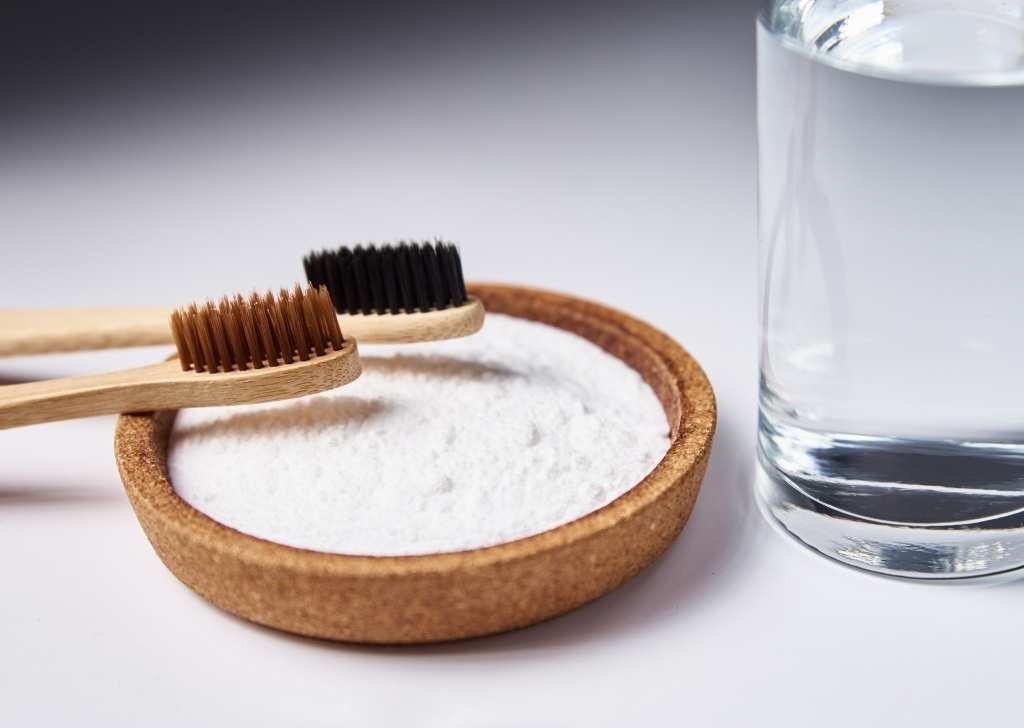
Baking soda is often hyped as a natural whitener, and it can help remove surface stains due to its mild abrasiveness. However, it’s not a magic fix and it won’t change the intrinsic colour of your teeth, especially if the yellowing is caused by dentin exposure or deep stains.
Using it too often, or scrubbing too hard, can wear down enamel making your teeth more yellow in the long run. It’s best used in moderation, and ideally with guidance from a dentist if you’re pairing it with whitening toothpaste.
So, can baking soda whiten yellow teeth? To a certain point, yes, but don’t expect a dramatic before-and-after transformation.
Can Yellow Teeth Be Reversed?
This is the question most people are really asking when they search “I have really yellow teeth” – can I actually get my white smile back?
The answer: it depends on what’s causing the yellowing.
If the discolouration is external from food stains, tobacco, poor oral hygiene, or braces-related buildup then yes, whitening treatments (especially professional ones) can make a big difference. In many cases, these stains live on or just below the enamel surface and respond well to whitening agents.
However, if your yellow teeth are caused by:
- Thinned enamel exposing the yellowish dentin underneath
- Childhood antibiotic use like tetracycline
- Excess fluoride exposure (fluorosis)
or
- Genetic traits or developmental conditions
Then the yellowing is internal and these types of stains cannot be fully reversed with traditional whitening.
But that doesn’t mean you’re out of options. Cosmetic treatments like:
- Porcelain veneers
- Composite bonding
- Icon Infiltration
…can be used to mask internal discolouration and restore a naturally white appearance.
Ultimately, reversing yellow teeth starts with understanding why they’re yellow. A consultation with your dentist is the best way to figure out what type of discolouration you have and which treatment path will actually work for you.
Read more: How to Maintain Your New Tooth Filling
What If You’ve Had Braces?
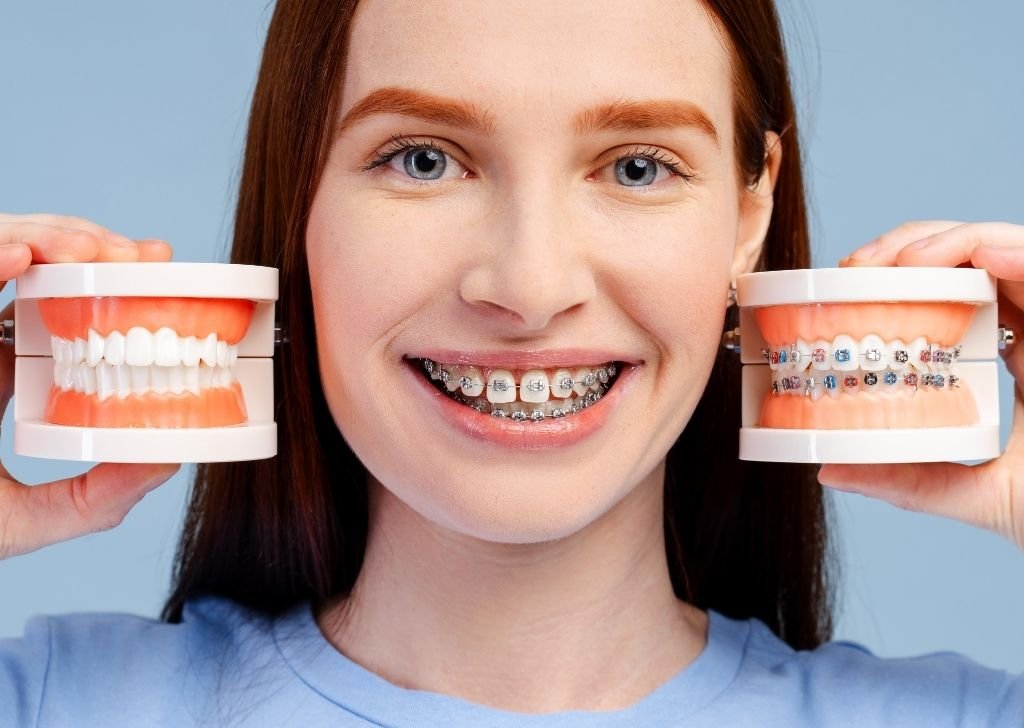
You waited months, maybe even years for that moment when your braces finally came off. But instead of the perfect, bright smile you imagined, your teeth look dull… or worse, yellow. You’re not alone. This is one of the most common concerns after orthodontic treatment.
Here’s why it happens:
Plaque Build-up Around Brackets
Braces make brushing and flossing more difficult. If oral hygiene slips even slightly plaque and tartar can build up around the brackets, especially near the gumline or in hard-to-reach areas. When the braces are removed, these areas may appear more yellow or stained than the rest of your teeth.
Enamel Demineralisation
White spots around where the brackets were attached are a sign of enamel weakening or demineralisation. These white spots are porous and can collect stains from food or drinks making the surrounding enamel look darker by comparison.
Diet and Acidic Drinks
During your time with braces, frequent consumption of acidic or coloured drinks (like soda, coffee, or fruit juices) may have contributed to slow enamel erosion. Once the braces come off, the damage is more visible.
So, Can You Whiten Teeth After Braces?
Yes, but with care.
Professional whitening is generally safe once your enamel has recovered, but timing is everything. Your dentist may recommend waiting a few weeks to a few months post-braces before starting whitening treatments, especially if your teeth are sensitive or have visible signs of demineralisation.
Avoid aggressive DIY kits during this period, as they may further irritate weakened enamel. Instead, schedule a post-orthodontic check-up and explore options like:
- Gentle in-office whitening
- Fluoride treatments to strengthen enamel
- Microabrasion or cosmetic bonding for stubborn spots
The good news? Most yellowing after braces isn’t permanent – and a combination of good hygiene and professional care can restore your smile’s brightness.
Read more: Dental Bridge vs Implant, Which is Better?
Final Thoughts – Whitening Is Possible, but Know the Cause First
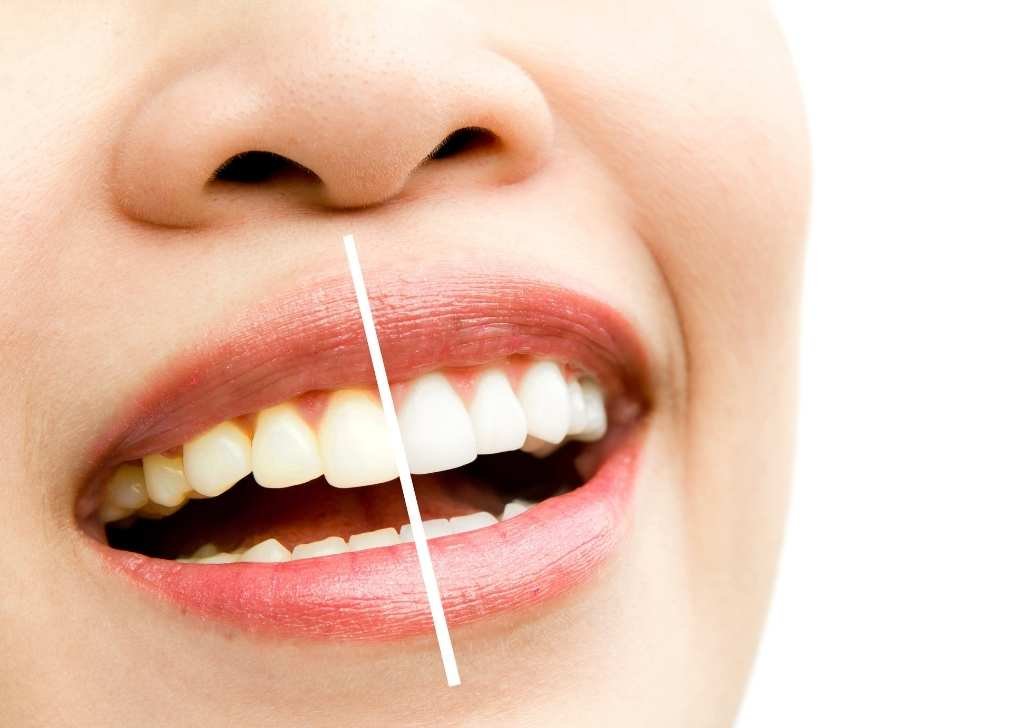
Yellow teeth can be frustrating especially when you’ve done everything “right.” But as you’ve seen, there’s no one-size-fits-all reason for discolouration. Whether your teeth have yellowed due to coffee, braces, smoking, medication, or genetics, the most important first step isn’t to grab the nearest whitening kit, it’s to understand what’s actually causing the change.
Once the cause is identified, the solution becomes much clearer. Some people may need nothing more than a professional cleaning and in-office whitening. Others might need cosmetic work like veneers to address deeper, internal stains. The key is personalisation.
At Unique Dental Clinic in Kota Kinabalu, we see this every day – patients walk in frustrated by yellow teeth, and leave with a clear, realistic plan to get the smile they want.
So if you’ve been asking yourself, “Why do I have really yellow teeth?”, now you know. And more importantly, you know what to do next.
FAQ About Yellow Teeth and Whitening
Why Choose Unique Dental Clinic for Teeth Whitening?
At Unique Dental Clinic Kota Kinabalu, we combine expertise with modern technology to ensure safe and effective teeth whitening treatments. Here’s why patients trust us:
Experienced Dentists
Skilled in managing complex cases with precision.
State-of-the-Art Equipment
Ensures accurate diagnosis and efficient treatment.
Personalized Care
Tailored treatment plans to suit individual needs.
Comfort-Focused Approach
Painless procedures in a relaxing environment

Ready to brighten your smile?
If your yellow teeth are affecting your confidence, let’s fix it for you together. Book a consultation at Unique Dental Clinic Kota Kinabalu and get personalised whitening advice from our trusted dental team. Whether it’s stains, enamel issues, or post-braces discolouration, we’ll help you get your natural smile back safely and effectively.
Share:
More Posts
Request An Appoinment
017-866 9188
Email : uniquedentalclinickk@gmail.com
